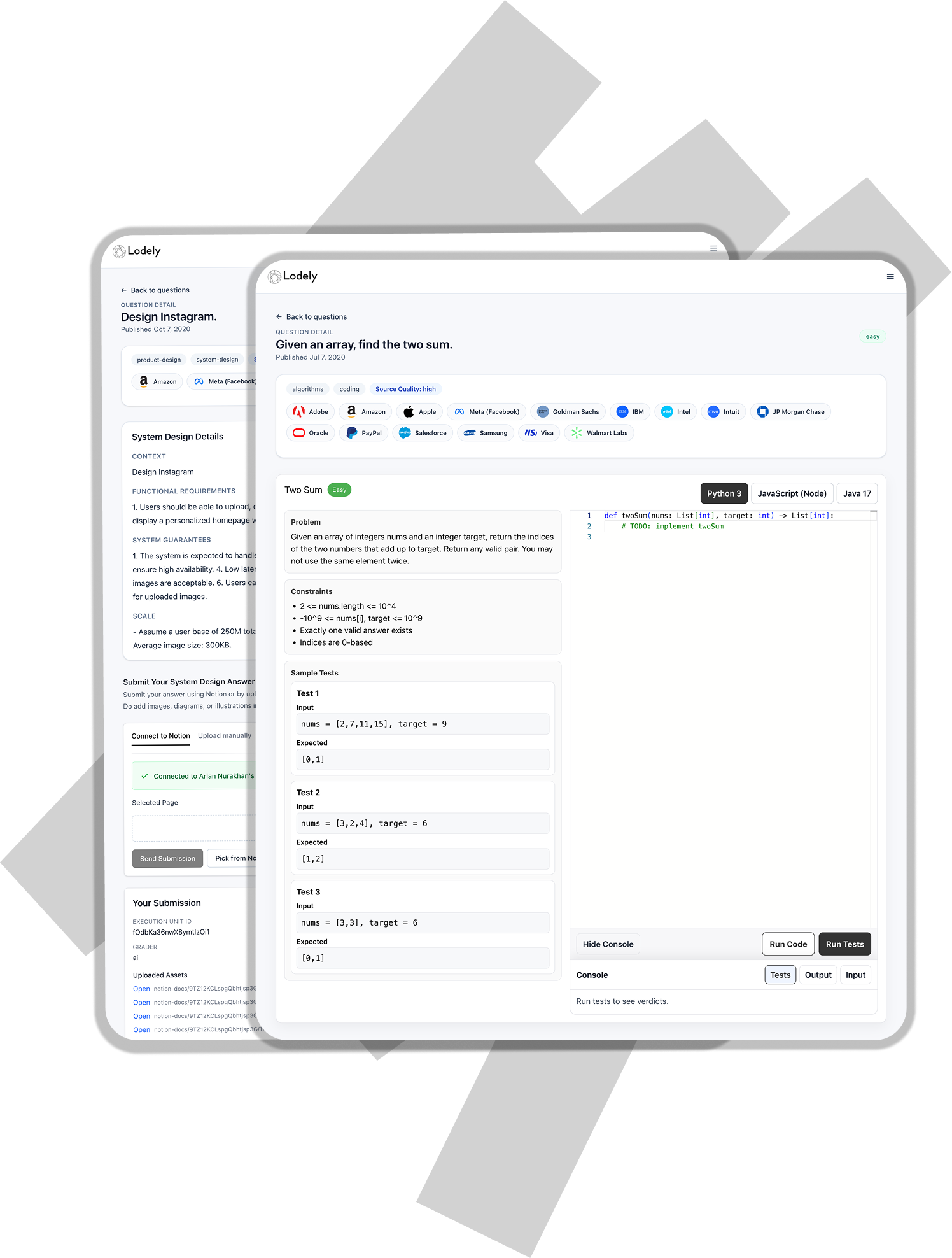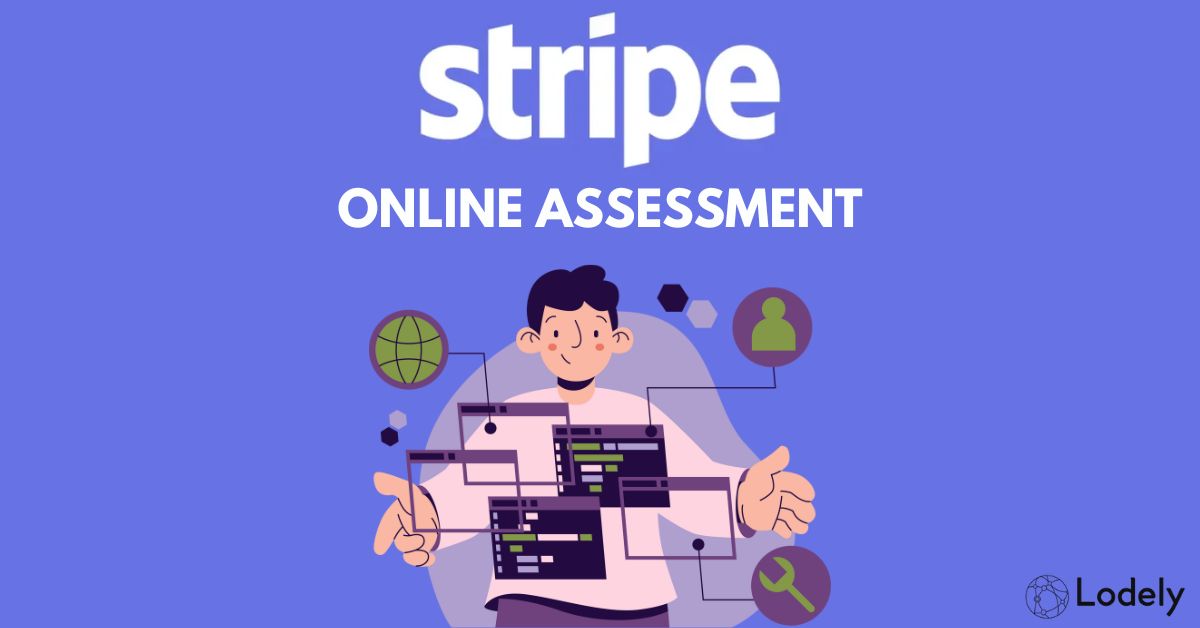From Civil to Software Engineering: How to Successfully Shift Careers
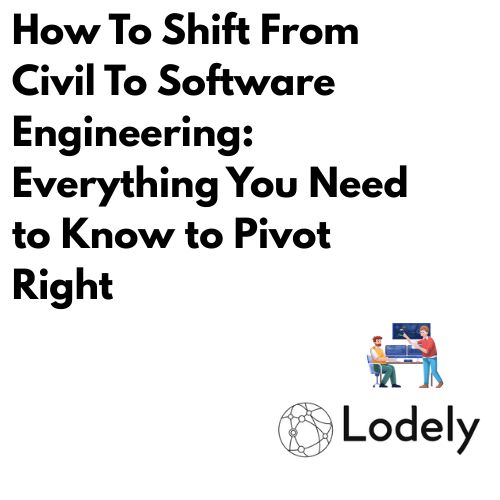
From Civil to Software Engineering: Everything You Need to Know to Pivot Right
Civil engineers are swapping hard hats for keyboards and not looking back. We're talking bigger paychecks, remote freedom, and work that scales globally, not locally. How to shift from civil to software engineering isn’t a fantasy.
It’s a practical, profitable move more engineers are making every year, and this guide shows you exactly how to pull it off.
Your Step-by-Step Path From Civil Engineer to Software Engineer
Look, I get it. You're in civil engineering, maybe tired of jobsite politics or curious about those software engineers making bank while working remotely. I've seen plenty of engineers make this exact transition, and honestly? Civil engineers have serious advantages when jumping into software.
The shift from designing bridges to building apps isn't as crazy as it sounds. Your engineering mindset is exactly what tech companies want. Let me walk you through the exact steps that work.
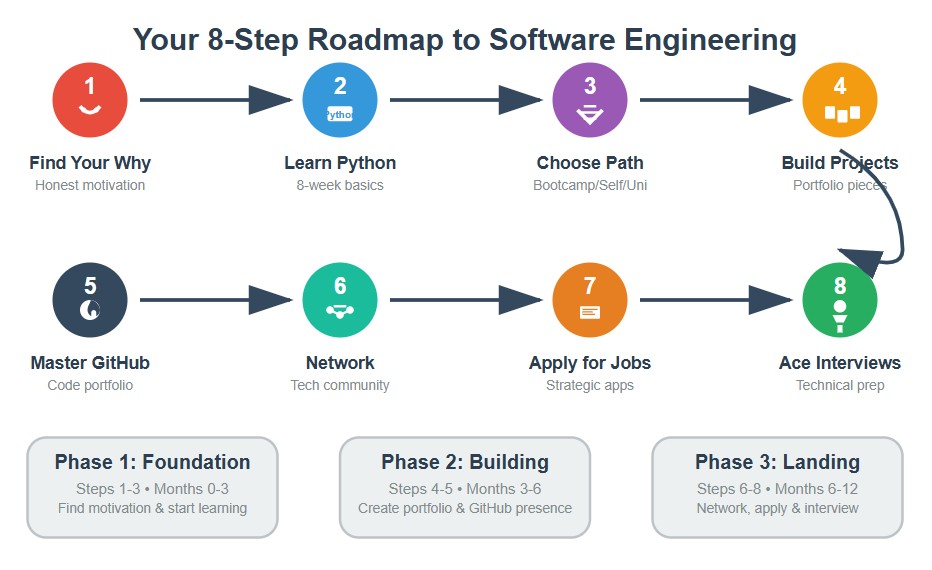
Step 1: Get Clear on Your Why
Before diving into coding tutorials, be brutally honest about your motivation. Sure, the compensation is attractive - going from an average civil engineer salary of $78k to software engineer salaries starting at $90k and climbing to $180k+ at senior levels.
But here's the thing: money alone won't sustain you through the learning grind.
Ask yourself:
- Are you genuinely curious about how software works?
- Do you enjoy problem-solving and logical thinking?
- Can you handle sitting at a computer for 8+ hours daily?
- Are you willing to continuously learn new technologies?
Pro tip: If you've enjoyed CAD software, project management tools, or Excel formulas, that's a good sign you'll like programming.
Step 2: Learn Basic Programming
This is where most people get paralyzed by choice. Don't overthink it. If you're wondering which programming language should you learn first, Python is my top recommendation for civil engineers.
Your 8-week starter roadmap:
- Week 1-2: Python basics (variables, loops, functions)
- Week 3-4: Data structures (lists, dictionaries)
- Week 5-6: Basic algorithms and problem-solving
- Week 7-8: First small project
Why Python works for engineers: You already think in systematic steps. Python's syntax is clean, so you focus on programming concepts rather than fighting complicated syntax.
Pro tip: Dedicate 1-2 hours daily rather than cramming weekends. Consistency beats intensity every time.
Step 3: Choose Your Learning Path
I've seen people succeed with all these approaches, so pick what fits your situation.
Bootcamp Route (12-24 weeks):
- Pros: Structured curriculum, career support, networking
- Cons: $10k-$20k investment, intense pace
- Best for: Full-time commitment with accountability
Self-Taught Route (6-12 months):
- Pros: Flexible schedule, low cost ($0-$500)
- Cons: Requires serious self-discipline
- Best for: Learning at your own pace
University Route (12-24 months):
- Pros: Comprehensive foundation, academic credibility
- Cons: Longest timeline, highest cost
Pro tip: Whatever path you choose, ensure it includes hands-on projects. Employers want to see that you can actually build things.
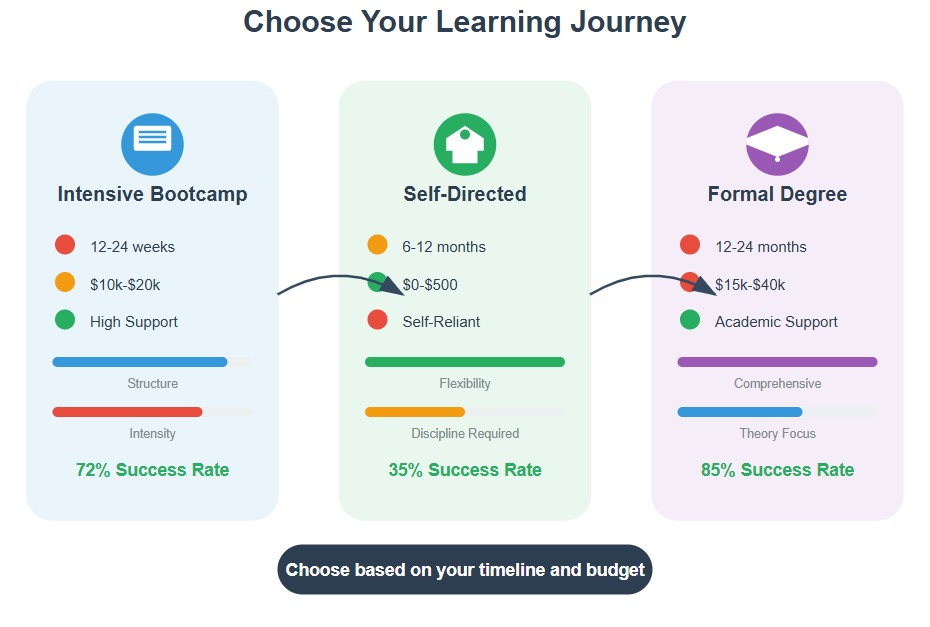
Step 4: Build Small Projects
This is where your civil engineering background becomes a massive advantage. Instead of another to-do app, create projects showcasing your domain knowledge.
Project ideas:
- Project cost calculator with material pricing APIs
- Construction timeline tracker with milestone visualization
- Infrastructure data analyzer for traffic patterns
- Simple CAD file converter between formats
Each project should demonstrate clean code, problem-solving skills, and your unique engineering perspective.
Pro tip: Document everything! Write clear README files explaining what the project does and what problems it solves. Good documentation separates hobbyists from professionals.
Step 5: Master GitHub and Open Source
GitHub is basically your resume in software. Every day you're not committing code is a missed opportunity. Hiring managers check your GitHub before your resume.
Build a strong GitHub presence:
- Commit code daily (even small changes count)
- Write clear commit messages
- Organize repositories professionally
- Contribute to open-source projects
- Pin your best repositories
Open source strategy: Find engineering-related projects, start with documentation improvements, and gradually work up to features. This shows you can work with existing codebases.
Pro tip: Treat GitHub like a portfolio. Hiring managers judge your coding style and teamwork based on contributions.
Step 6: Network Strategically
Real talk: most jobs come through referrals, not job boards. Your civil engineering network is a huge asset - many construction companies are digitizing.
Networking game plan:
- Join local tech meetups and developer groups
- Attend virtual conferences
- Engage with developers on LinkedIn
- Find construction tech (ConTech) companies
- Connect with other career changers
Target opportunities:
- Companies building software for construction/infrastructure
- PropTech or smart cities startups
- Government agencies are modernizing systems
- Engineering firms developing internal tools
Pro tip: Don't just ask for jobs. Provide value first. Share construction insights, test beta software, or write about your journey.
Step 7: Apply for Entry-Level Roles
After 4-6 months of consistent learning, start applying strategically. Don't spray and pray.
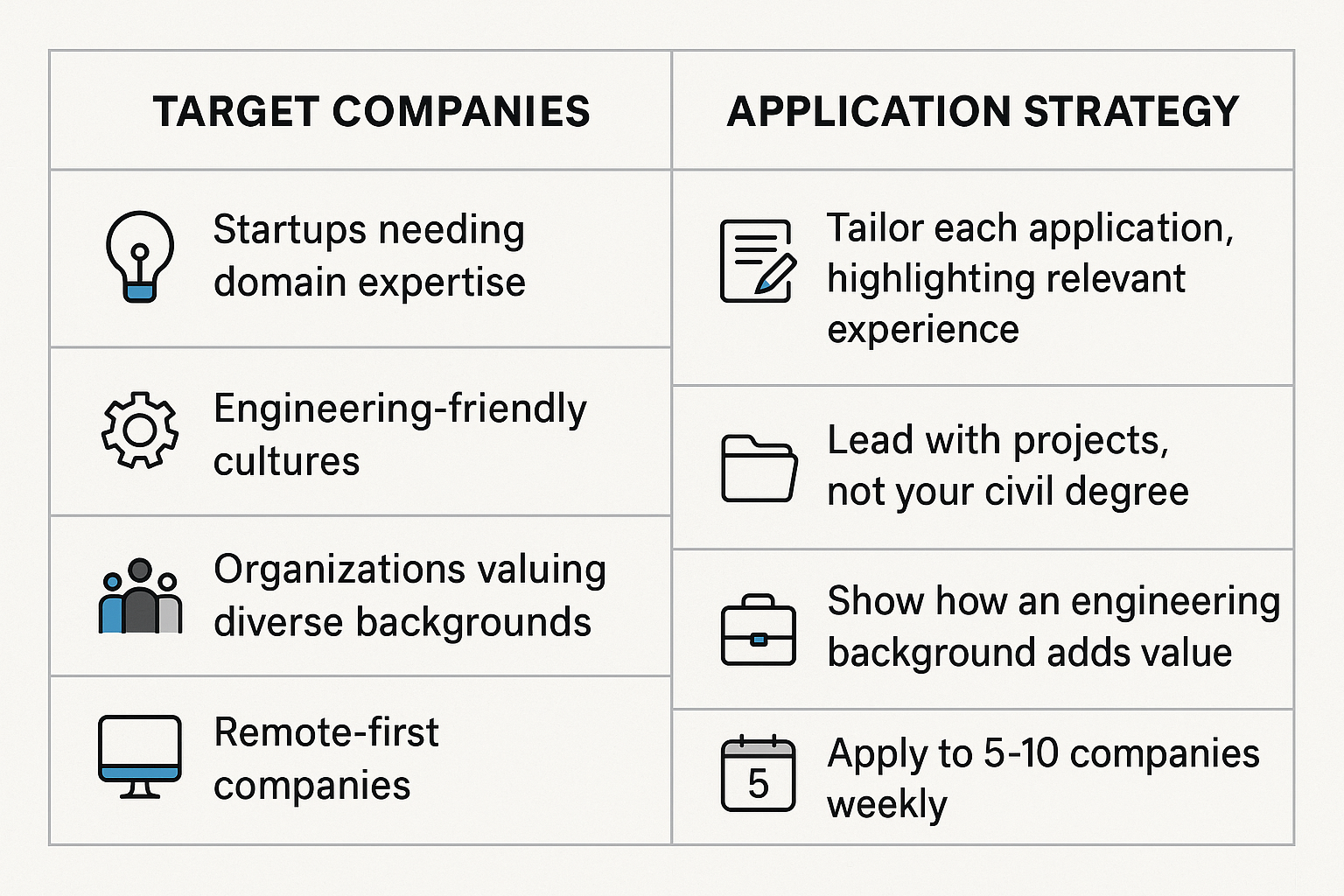
Pro tip: Apply where your civil engineering background is an asset. You're not just another career changer - you understand complex systems.
Step 8: Prepare for Technical Interviews
Technical interviews can be intimidating, but your problem-solving experience gives you an edge. You've handled complex, multi-variable problems - coding interviews are just different puzzles.
Preparation strategy:
- Prepare for online assessments from specific companies.
- Practice coding problems daily on LeetCode or HackerRank
- Focus on fundamentals: arrays, strings, algorithms
- Practice explaining your thought process aloud
- Mock interview with other developers
Your engineering advantage:
- Systematic problem-solving approach
- Experience with constraints and trade-offs
- Comfort with technical discussions
- Project delivery experience
Pro tip: When discussing civil engineering background, connect it directly to software skills. Explain how you balanced requirements, managed stakeholders, and delivered complex systems.
This transition isn't just possible - it's natural for engineers. You already think in systems, solve complex problems, and deliver projects that work. Software engineering is just a different tool set for the same skills.
Should You Make This Career Switch? The Honest Assessment
Look, before you quit your civil engineering job and start learning Python, let's get real about whether this transition makes sense for YOU specifically. I've seen too many people jump into coding bootcamps without doing the hard work of self-reflection first, only to burn out halfway through.
Here's the truth: Not everyone should make this switch. Better to figure that out now than after spending $15k on a bootcamp.
Is This Transition Right for You? Take This Self-Assessment
I'm going to ask you some brutally honest questions. Don't give me the answers you think I want to hear - give me the real ones.
Technical Aptitude Check:
- Do you genuinely enjoy troubleshooting complex problems, even when it takes hours?
- When you use software (CAD, project management tools), do you wonder how it works behind the scenes?
- Have you ever written Excel macros or automated repetitive tasks?
Lifestyle Reality Check:
- Can you handle sitting at a computer for 8+ hours daily?
- Are you comfortable with the idea that you'll be learning new technologies for the rest of your career?
- Are you okay with potentially less direct impact on physical infrastructure?
Financial Assessment:
- Can you afford 6-12 months of reduced income while learning?
- Do you have $500-$20k available for education investments?
- Are you making this switch primarily for money? (Red flag if yes)
Scoring: If you answered "yes" to 75% or more in each category, you're probably a good candidate. Less than that? Keep reading.
Common Myths About Civil to Software Engineering Transitions
I hear these myths constantly, and they're setting people up for failure. Let me set the record straight.
Myth: "It's Easy Money"
The Reality: Yes, software engineers generally make more money, but the learning curve is steep and the job market is competitive. I've seen civil engineers struggle for 8+ months to land their first role because they underestimated the difficulty.
Myth: "You Can Learn Everything in 3 Months"
The Reality: Those "learn to code in 12 weeks" bootcamp ads? They're selling you on getting job-ready basics, not mastery. Most successful career changers I know took 6-18 months to feel truly competent.
Myth: "All Engineers Think the Same Way"
The Reality: Civil engineering is about physical constraints, safety margins, and proven methodologies. Software engineering is about rapid iteration, acceptable failure rates, and constant change. These are fundamentally different mindsets.
Myth: "Your Engineering Degree Guarantees Success"
The Reality: Your degree opens doors, but as any career coach engineering expert would tell you, tech companies care more about what you can build than what you studied. I've seen CS graduates get rejected while bootcamp grads get hired, and vice versa.
When NOT to Make This Career Change
Sometimes the best advice is knowing when to walk away. Here are the red flags that suggest this transition isn't right for you.
You Hate Your Current Job But Love Engineering
If your main motivation is escaping a bad manager, a toxic company culture, or boring projects, consider changing companies instead of careers.
Civil engineering has amazing opportunities - maybe you just haven't found the right fit.
You're Only Motivated by Money
I get it, $180k+ salaries are tempting. But if money is your only driver, you'll burn out during the learning phase.
The grind of debugging code for hours requires genuine interest in the problem-solving process.
You Can't Handle Ambiguity and Constant Change
Civil engineering has established codes, standards, and proven methods. Software engineering is often about building something that's never been built before with requirements that change mid-project.
If you need clear specifications and defined processes to feel comfortable, this field will stress you out constantly.
You Have Unrealistic Timeline Expectations
If you think you'll be making $120k+ within six months of starting to learn code, you're setting yourself up for disappointment.
A realistic timeline for career changers is 12-24 months to reach comfortable mid-level compensation.
Success Rate Statistics: What the Data Shows
Let me share some real numbers, because the marketing materials from bootcamps paint a rosier picture than reality.
Bootcamp Success Rates:
- 72% of bootcamp graduates find employment within 6 months
- But only 45% land roles paying $75k+ in their first year
- Career changers over 35 have a 55% success rate vs 80% for younger candidates
Timeline Reality Check:
- 6-12 months: Minimum time to become job-ready for most people
- 12-18 months: Average time for career changers to land their first role
- 18-24 months: Realistic timeline to reach $90k+ salary range
Age Factor (Real Talk):
- Under 30: Highest success rates, most opportunities
- 30-40: Still strong opportunities, especially with an engineering background
- Over 40: Possible, but requires an exceptional portfolio and networking
The Brutal Truth: About 30-40% of people who start learning to code never make it to a full-time software role. The difference between success and failure usually comes down to persistence, realistic expectations, and genuine interest in the craft rather than just the paycheck.
If these numbers scare you off, good. Better to know the reality upfront than get blindsided later. If they don't deter you and you still feel excited about the challenge, then you might just have what it takes.
These Engineers Made the Switch (And Here's How They Did It)
Let’s ditch the theory - here are two verified real-life case studies of civil engineers who pulled off this career pivot, complete with their wins, struggles, and tips you can replicate.
Case Study 1: James Buckley - From Hydrogeologist to Investment Bank Developer
Background: James worked as a hydrogeologist at a civil engineering consultancy before making the jump to software development. What makes his story interesting is that he discovered coding as part of his engineering job and realized he enjoyed it more than the traditional engineering work.
The Transition Process: James didn't have a dramatic moment of clarity. Instead, he spent months "waiting for the right moment" to make the change. Sound familiar? The breakthrough came when he realized that the perfect moment might never arrive.
Here's exactly what he did:
- Started coding in his spare time while still working as a hydrogeologist
- Quit his job before having a clear path (bold move, but it worked)
- Split his time between job applications and intensive coding practice
- Applied to the _nology coding bootcamp
- Got accepted and landed a role directly through their program
Financial Strategy: James had saved enough from his previous job to cover living expenses during the learning period. This wasn't a broke college student move; he planned financially.
Current Role: Software developer at an investment bank
What He Wishes He'd Done Differently: "I wish I'd made the change sooner!"
Key Insight: James discovered that there's a difference between liking your job and loving your work. While he enjoyed aspects of hydrogeology, he genuinely loves software development.
Case Study 2: Eduardo Vedes - From 12-Year Civil Engineering Veteran to freeCodeCamp Success Story
Background: Eduardo spent 12 years as a civil engineer working in Portugal and Angola, Africa. He had an MSc in Civil Engineering from a top Portuguese university and was working as a senior project manager. This wasn't someone who hated engineering - he was successful at it.
The Catalyst: Working on a 100km road project in Angola in 2015, Eduardo had an epiphany moment. He realized he wanted to pursue his childhood passion for computers and programming.
The Learning Journey: Eduardo's approach was methodical and transparent about the time investment:
- Used freeCodeCamp exclusively (completely free path)
- Studied while working full-time as a civil engineer
- Dedicated 1,800 hours total to learning (that's about 2.5 hours daily for 2 years)
- Built projects and contributed to the freeCodeCamp community
- Worked as a civil engineer by day, studied programming by night
Timeline:
- Started learning: January 2015
- Transitioned to first software role: 2017
- Total transition time: Approximately 2 years
Financial Approach: Eduardo kept his civil engineering job throughout the learning process, which provided financial stability during the transition.
Breakthrough Moment: He reached out to Miguel Coquet, who became his mentor and eventually his first employer. This shows the power of networking in the tech community.
Current Status: Successfully working as a software engineer, became a freeCodeCamp advocate, wrote a book called "Code Your Future," and mentors other career changers.
His Advice: "Don't put inside your head that you're too old, or that you can't do it because it's too hard... Just commit to your decision and go ahead!"
Your Civil Skills Deserve A Software-Level Upgrade
You have the mindset, the experience, and now the roadmap. Shifting from civil to software engineering isn’t about starting from scratch; it’s about applying what you already know in a faster-moving, higher-paying world. From learning Python to landing your first dev role, everything you need is in front of you. The next move? Start building it.
Ready to trade concrete for code without second-guessing every step? Subscribe below for sharp strategies, realistic timelines, and career advice built for engineers like you.
✉️ Get free system design pdf resource and interview tips weekly
✉️ Get free system design pdf resource and interview tips weekly

